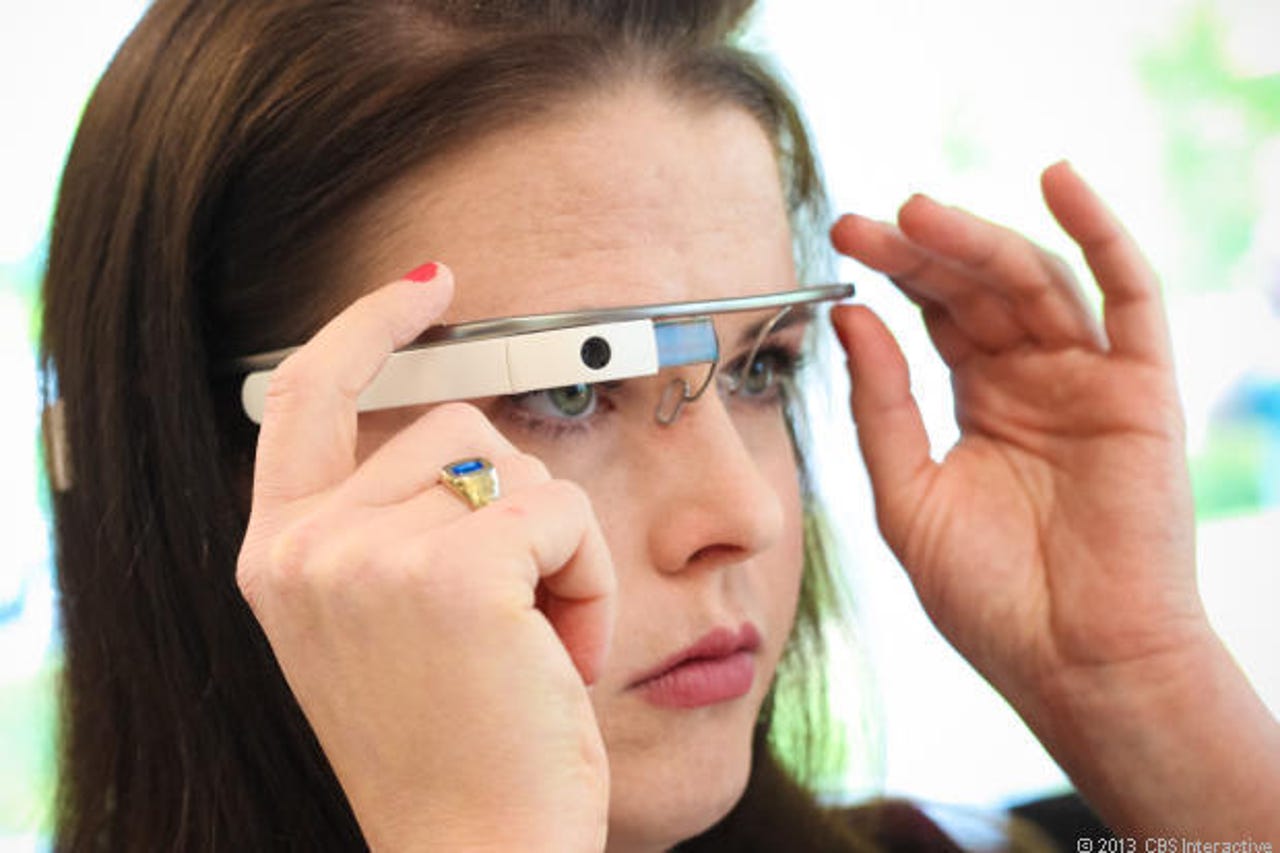Epson readies 'instant enterprise AR' with new app platform

The company has developed a Wix-like do-it-yourself platform for creating augmented and virtual reality applications. Epson showed off the platform, designed for its Moverio headset, at the Israeli Droidcon near Tel Aviv recently.
The platform was developed by Israeli augmented reality startup WakingApp, which developed ENTITI Creator to enable the quick and easy creation of augmented and virtual reality apps.
"Not just the linear, relatively simple AR apps we've seen until now, but sophisticated ones that can help businesses, schools, museums, and many other organizations get an app up and running in hours, with the platform providing functionality that in the past would have taken weeks to develop," said Alon Melchner, WakingApp's head of technology.
Apps developed with ENTITI could work with any augmented or virutal reality device, but Epson has partnered with WakingApp to develop apps specifically for the Moverio, the company's own hardware for the field.
With the platform, users can create their apps - by tweaking existing templates, using the same strategy as online web authoring services like Wix - and upload them to a Moverio app store (much like Apple's) that the company is setting up.
The apps will be available to other Moverio users for download. In addition, provisions will be made for other apps that can be used without approval by Epson for use by organizations.
The question, of course, is how Epson plans to succeed where Google couldn't. Google halted sales of its Glass device in January, ostensibly to make way for a new product (which has yet to surface).
"The difference is that we will be targeting business, not consumers," an Epson spokesperson said. Glass's apps - however few there were - tended towards the consumer, while Moverio will be enterprise-orientated. "From that perspective, Moverio is a completely different product than Glass," the spokesperson added.
Last year, Epson introduced its first enterprise augmented reality application for the Moverio, made by an Israeli company, FieldBit. The app enables field workers - repair people, sales personnel, or anyone else whose work takes them away from their desk or laptop - to get information and instructions, and to send data about their experiences, performance, and other information to the home office.
That information could help feed big data applications, giving companies first-hand access to information that may have been inaccurately reported in the past.
Fieldbit designed a no-hands AR system for the Moverio, which workers at Mekorot, Israel's water company, use to check out equipment. Workers can see just by glancing at a dial or a connection if there is a problem, and get an overlay of what it is supposed to look like - as well as specific visual instructions on how to conduct specific repairs, with the proper configuration of a device displayed in real-time.
That's the kind of power Epson hopes to put in the hands of companies via the WakingApp platform - but with a creation process hundreds of times faster than the months it took to develop the Fieldbit app.
"Enterprise is a lot more willing to try a new solution like AR and VE than consumers, and one reason we believe Glass did not fulfill expectations was because it was marketed as and perceived of as a consumer device," said the spokesperson. "But as devices like Moverio become more common in companies, individuals are going to get used to them, and begin to see them as a useful and even necessary addition to their daily lives."
WakingApp's Melchner agrees. "With our platform, users will develop apps and upload them to the Moverio app store, creating an ecosystem that will gradually become a part of daily life. Our goal is to bring AR to a point where it is not just seen as an 'augmentation' on a screen, but as a 'natural' part of the real world that users are viewing. It's just a matter of time - in five to ten years, I believe that devices like Moverio will be the primary way users interface with data and the internet. Traditional screens are definitely on the way out."
Read more
